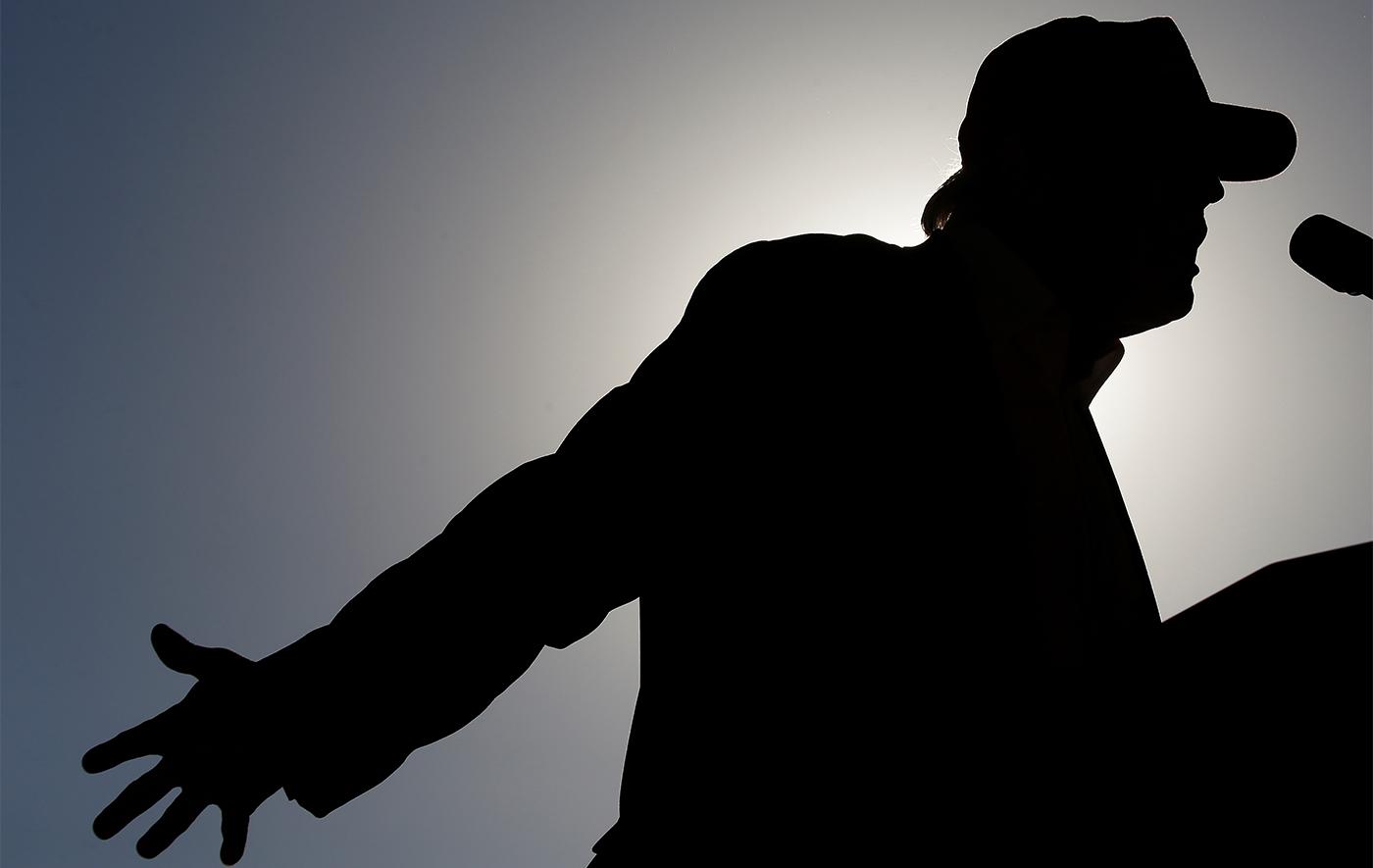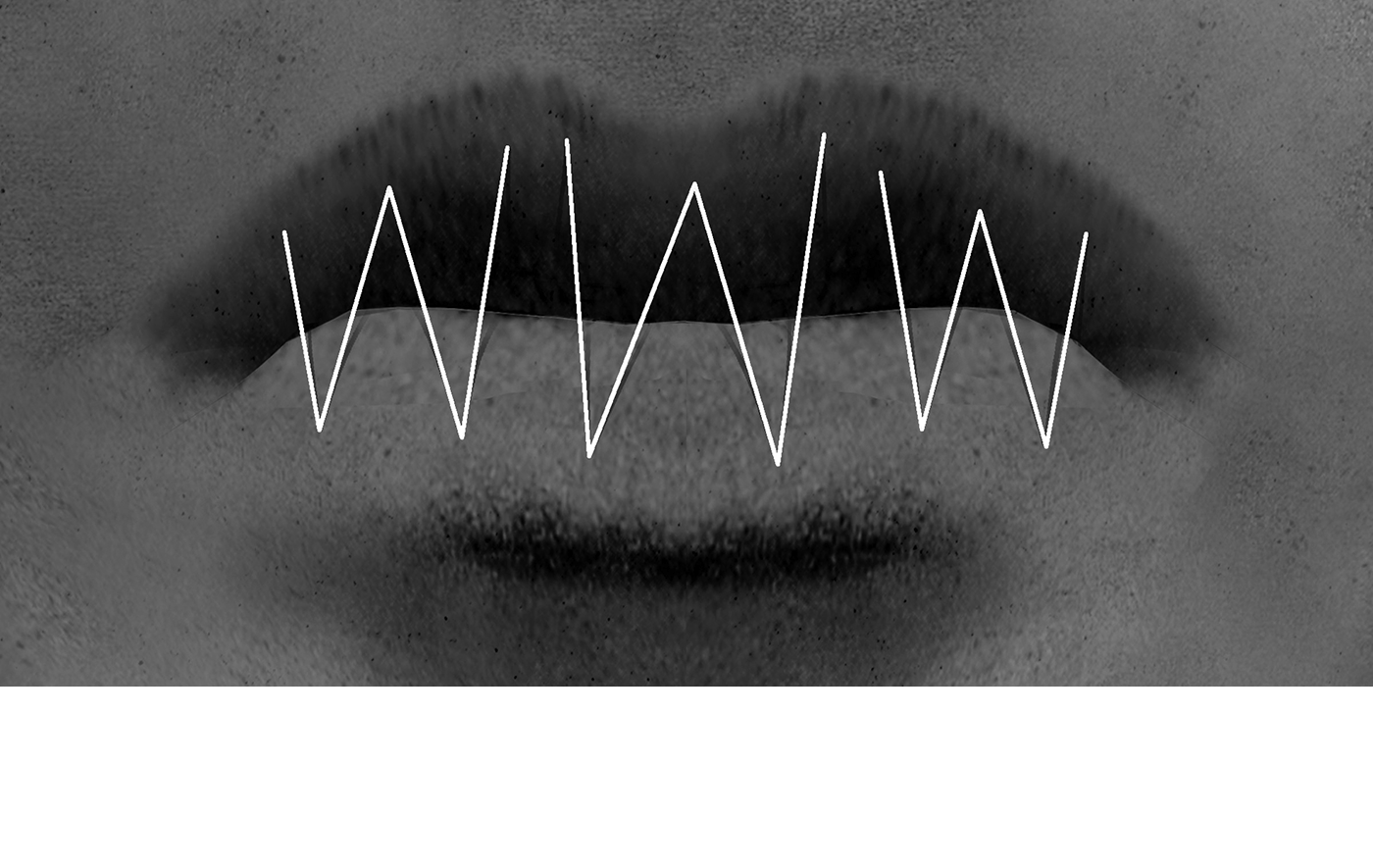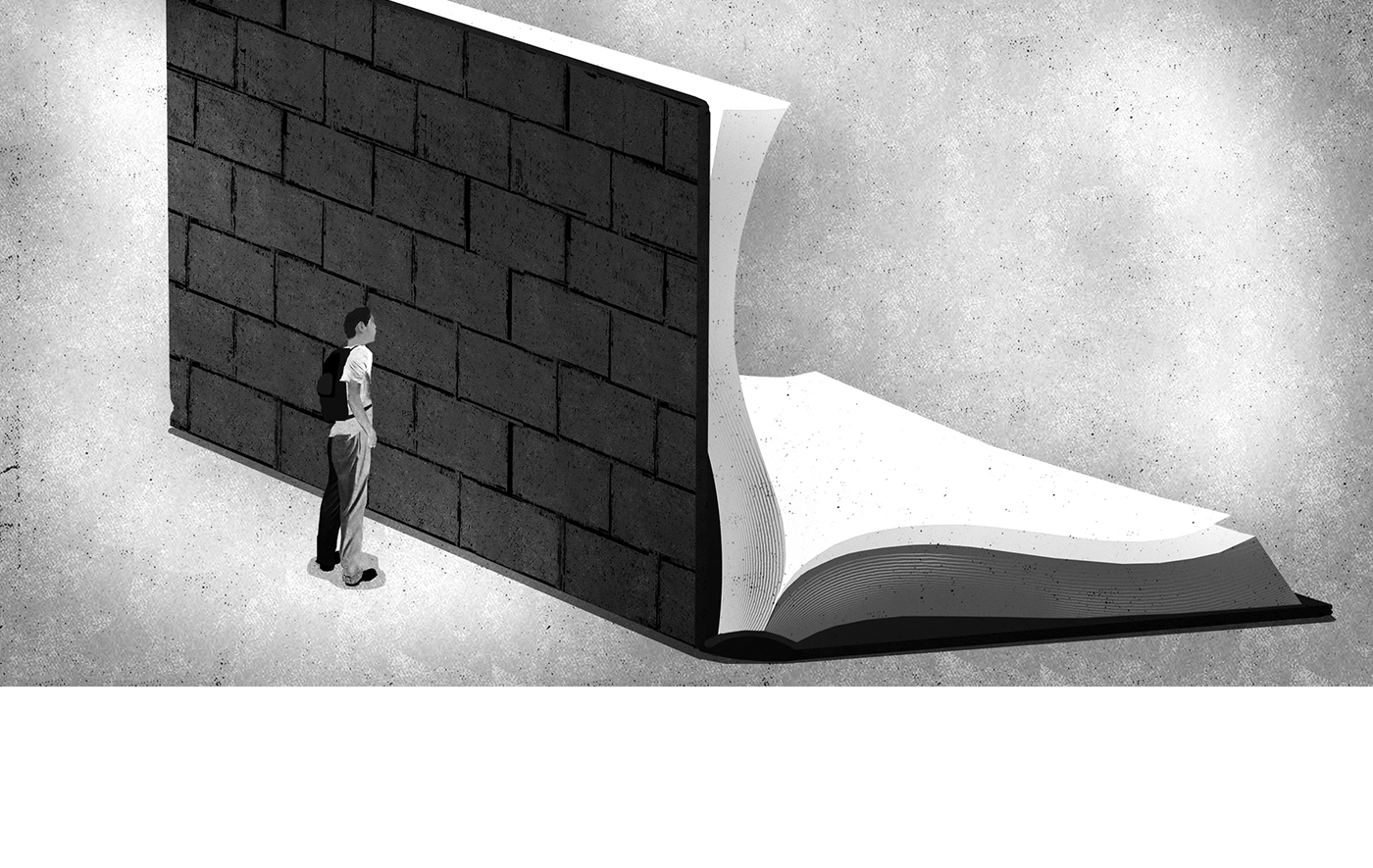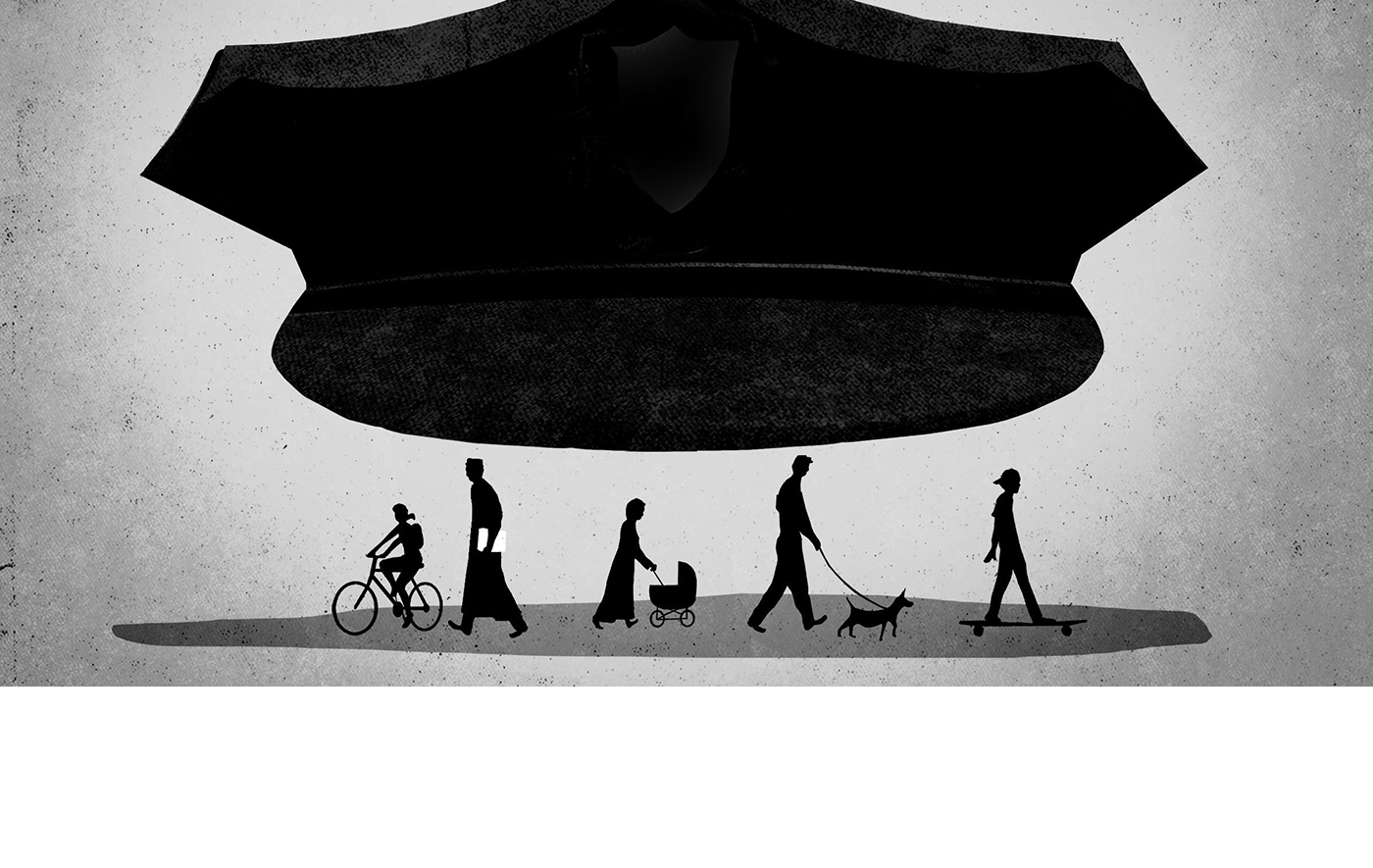France suffered three deadly attacks claimed by ISIS in June and July, including an attack with a truck in Nice that killed 86 people and injured hundreds. The state of emergency declared by President Francois Hollande following the November 2015 attacks in Paris and Saint-Denis was renewed by Parliament in February and May 2016.
On July 21, a few days after the Nice attacks, Parliament adopted a new law extending the state of emergency by another six months, and expanding already wide police powers of search, seizure, and detention. On December 15, the state of emergency was renewed for the fifth time, for another seven months, until July 2017.
The July law toughens several terrorism-related provisions in France’s laws and criminal code. It re-instates warrantless seizures of computer and cellphone data that France’s highest legal authority earlier in the year had struck down as unconstitutional, adding safeguards that still fall short of proper judicial oversight.
The law came only weeks after an already broad counterterrorism law adopted by Parliament in June 2016, which the French National Consultative Commission of Human Rights (CNCDH) had criticized for curbing freedoms.
Between November 2015 and July 2016, under the emergency law, police carried out nearly 4,000 warrantless raids and placed 400 people under house arrest, yet those actions led to only six terrorism-related criminal investigations. Those measures targeted mostly Muslims and led to abuses of the rights to liberty, privacy, freedom of movement, and non-discrimination.
A French commission of inquiry into the Paris attacks concluded on July 5 that the state of emergency had “limited impact” on improving security. The panel described important failures in analyzing intelligence that could have helped prevent the attacks. In a May review of France, the UN Committee against Torture expressed concern about excessive use of force by police when carrying out house searches in the context of the state of emergency, as well as during demonstrations.
In August 2016, mayors in about 30 towns adopted decrees prohibiting women from wearing full body covering swimsuits (known as “burkinis”) or any other skin concealing outfits on the beach, arguing that they may pose a risk to public order.
The French Human Rights League and the Collective against Islamophobia in France contested those bans before administrative courts. In August, the Council of State, France’s highest administrative court, ruled that the ban in one town illegally breached fundamental freedoms and ordered it to be suspended. Some bans were subsequently withdrawn by some towns or struck down by lower courts, while other courts upheld bans despite the Council of State ruling.
The number of migrants in a camp in Calais known as “the Jungle” in August 2016 reached 6,900, according to authorities more than double the estimate a year earlier. NGOs insisted the actual numbers were higher. On July 7, the CNCDH expressed concern regarding the increase in the number of migrants living there in conditions “contrary to human dignity.”
A 2016 UNICEF survey of unaccompanied children in Calais and Dunkirk camps found they were subject to sexual exploitation, violence, and forced labour. In the last week of October, French authorities dismantled the camp. Between October 24 and 26, nearly 5,600 people were relocated to reception centers across France, with some unaccompanied children brought to the UK (see below). Arbitrary age assessment meant that some unaccompanied minors were left out of the specific process put in place for children.
France had accepted 2,091 asylum seekers relocated from Greece and 231 from Italy at time writing, the largest number of any EU state under the relocation scheme.
In July, the UN Committee on Economic, Social and Cultural Rights criticized as “substandard” reception and accommodation facilities for asylum seekers in France.
In July, the National Assembly deemed as too costly a measure that would have required police officers conducting an identity check to record it in a written document. The proposal had been seen by human rights advocates as an important means of addressing discriminatory checks.
In November, the Court of Cassation ruled against the state in three cases of police identity checks involving ethnic profiling, finding that the checks were “discriminatory” and that the state committed a “gross fault.” According to a CNCDH report published the same month, there is growing evidence from separate studies that young men from visible minorities are overrepresented in police checks.
An April report by the CNCDH expressed concern about the rise in racist, anti-Semitic, and Islamophobic incidents reported to police in 2015.
French prisons continued to be severely overcrowded and the suicide rate among inmates remained high, particularly among women, drawing criticism in July from the UN Committee for the Elimination of Discrimination against Women (CEDAW). Prisoners with psychosocial disabilities often have inadequate access to mental healthcare.





